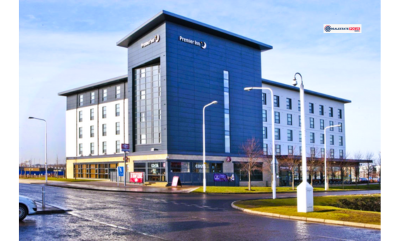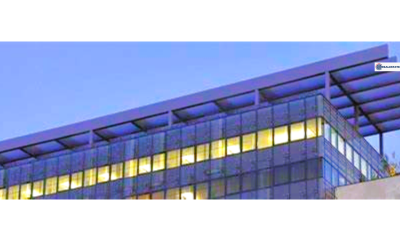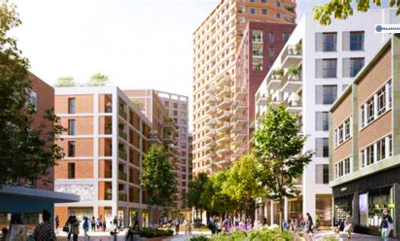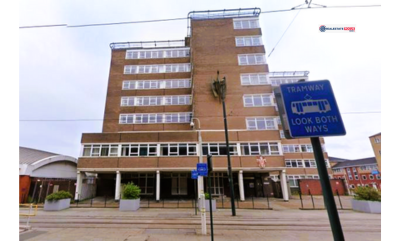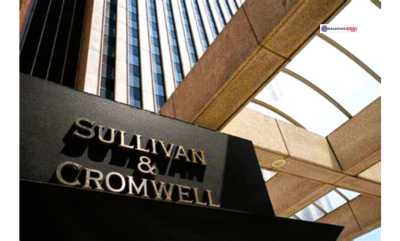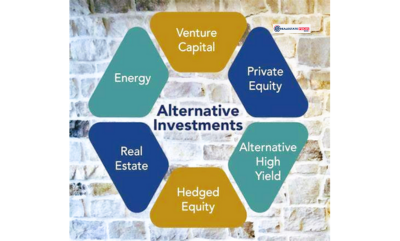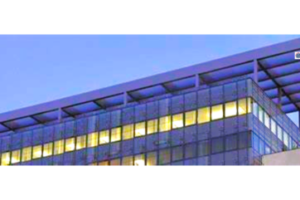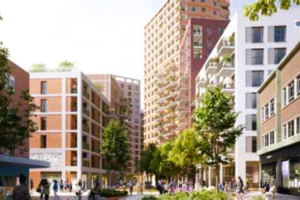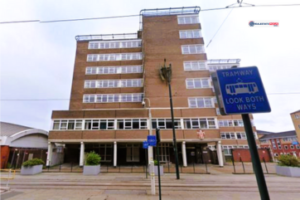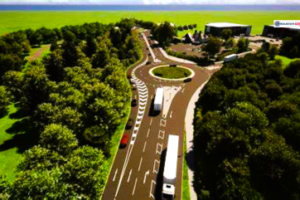

Saudi Arabia Opens Real Estate Investment Opportunities in Makkah and Madinah
Saudi Arabia has recently introduced a policy allowing foreign investors to participate in the real estate markets of Makkah and Madinah. This change is significant because it opens up opportunities in two of the most important cities for Muslims worldwide. Makkah and Madinah are home to the sacred Islamic sites, the Kaaba and the Prophet’s Mosque, and attract millions of visitors each year, especially for Hajj and Umrah.
Prior to this policy change, foreign investments in real estate were limited, but now global investors can directly engage with the real estate sector by buying shares in companies that manage and develop properties in these cities. This move is part of Saudi Arabia’s broader Vision 2030 initiative, which aims to diversify the economy away from a reliance on oil.
One of the ways to achieve this goal is by boosting other industries, including real estate, tourism, and hospitality. With increasing demand for accommodation and services in Makkah and Madinah, the government sees foreign investment as a critical tool to meet these demands. The new policy enables investors to be a part of projects like hotels, residential complexes, and commercial spaces, which are essential for supporting the millions of Muslim visitors each year.
Makkah and Madinah’s status as religious hubs means that there is a constant flow of visitors. Saudi Arabia’s strategic location at the heart of the Muslim world makes these cities crucial to religious tourism. The demand for properties, especially for short-term stays like hotels and hostels, is high. With foreign investment now allowed in real estate companies, it is expected that more projects will be developed to cater to the growing numbers of pilgrims and tourists.
This includes the development of new hotels, improved transportation networks, and better residential facilities for people coming to perform religious duties. The real estate market in Makkah and Madinah is expected to experience significant growth as a result of this policy change.
This presents a promising opportunity for foreign investors looking to capitalize on a stable and consistent demand for properties in these cities. Since the primary driver for real estate demand in the region is the religious tourism industry, investors have the advantage of operating in a market with a steady flow of visitors. This makes Makkah and Madinah attractive places for long-term investments.
Furthermore, real estate development in these cities is aligned with the country’s broader goals of modernizing and expanding infrastructure to accommodate the growing number of pilgrims. In addition to foreign investment, the government has been investing heavily in infrastructure projects to support the increasing flow of visitors.
These projects include modernizing the transportation network, upgrading accommodations, and improving the overall visitor experience. As more foreign capital enters the market, it will help fund and accelerate these initiatives. The real estate sector will play a critical role in facilitating the growth of Makkah and Madinah’s infrastructure.
As hotels, residential units, and commercial properties are developed, there will be a direct benefit to both local residents and international visitors. One of the immediate benefits of foreign investment in the real estate market is the potential to create more jobs and business opportunities.
The construction and hospitality sectors will likely see significant growth, and new opportunities will arise for local businesses that provide services to the growing number of residents and tourists. For example, there will be increased demand for construction workers, hotel staff, and maintenance services. Local suppliers will also see more business opportunities as the demand for materials and services increases.
Another key advantage is that foreign investors can bring in global best practices, modern technologies, and expertise in property management. These new approaches could raise the standards of construction and property management, which would improve the quality of buildings and services in Makkah and Madinah. The implementation of modern techniques and efficient management practices can lead to better-designed buildings, faster project completion times, and enhanced facilities for both residents and visitors.
This, in turn, will increase the attractiveness of Makkah and Madinah as tourist destinations and make the cities more comfortable and accessible for people. This new policy also contributes to Saudi Arabia’s broader goal of creating a more diversified economy.
By attracting foreign investment in real estate, the country is laying the foundation for a more stable, multifaceted economy that is less reliant on the oil sector. Foreign capital can help stimulate economic growth by fostering new industries and increasing economic activity in sectors like construction, hospitality, and tourism.
With more foreign investors entering the real estate market, the Saudi government can leverage this influx of capital to fund various projects that improve the region’s infrastructure, housing, and public services. For international investors, the opening of the real estate market in Makkah and Madinah provides access to a unique and stable market.
The strong demand for housing and commercial properties, driven by the millions of Muslims who visit these cities each year, makes real estate in these cities a potentially lucrative investment. Investors are also drawn to the fact that these two cities will continue to grow in importance as more people travel to perform religious rituals. This steady demand makes the cities’ real estate market resilient, even in the face of broader global economic shifts.
In the long term, Saudi Arabia’s decision to allow foreign investment in the real estate markets of Makkah and Madinah will likely lead to continued growth and development in the region. As both cities expand their infrastructure and property offerings, they will become even more attractive to tourists and investors alike. With the ongoing support from the government, this change promises to shape the future of the region’s real estate market, creating more opportunities for local communities, businesses, and international investors.


